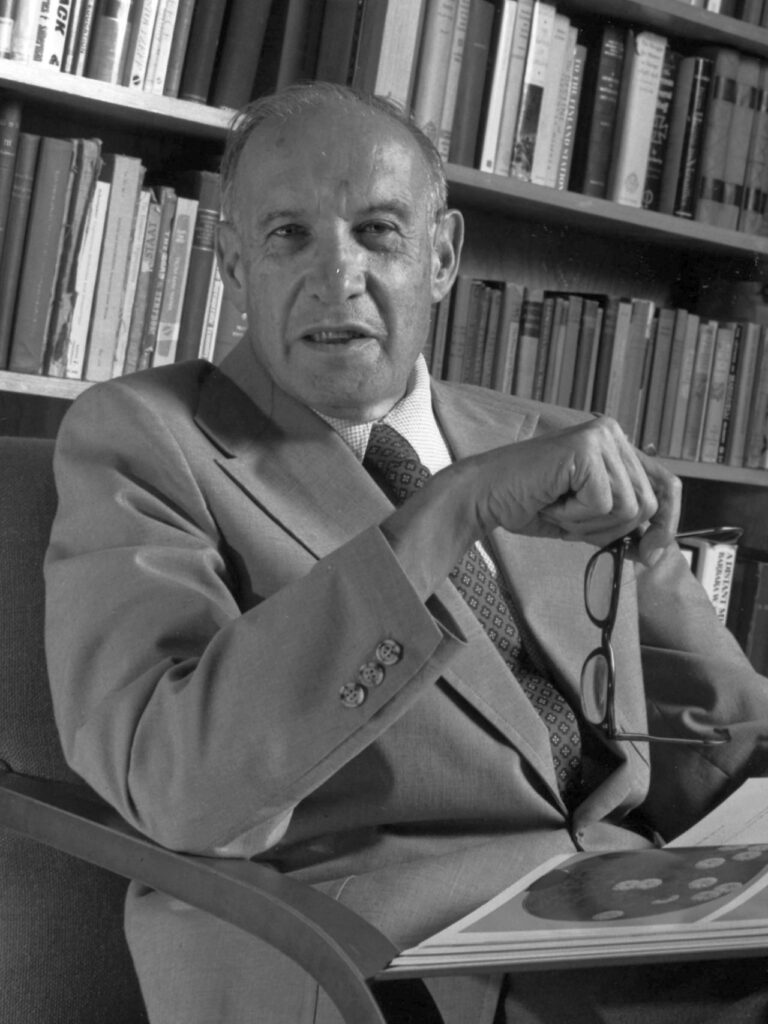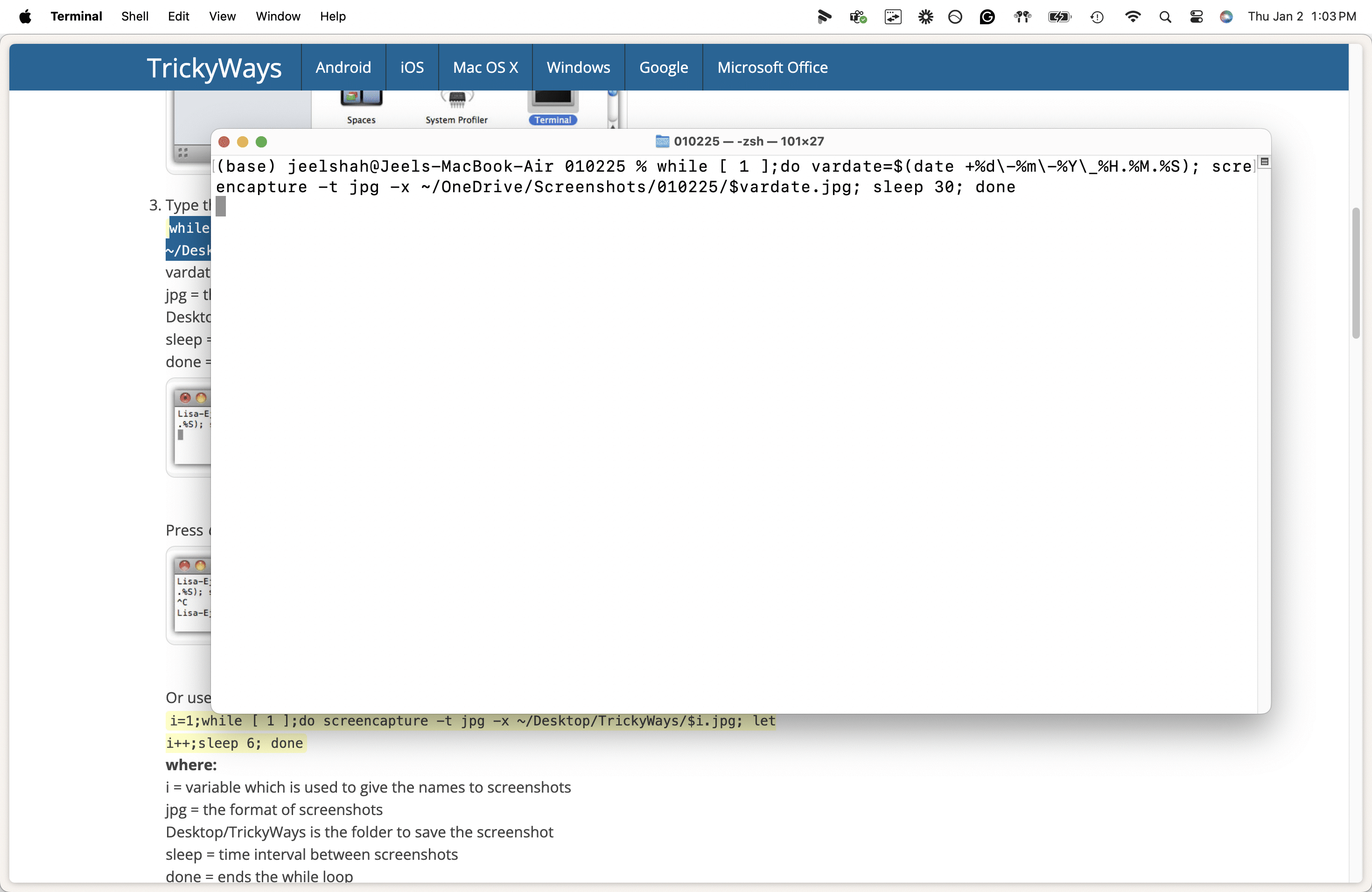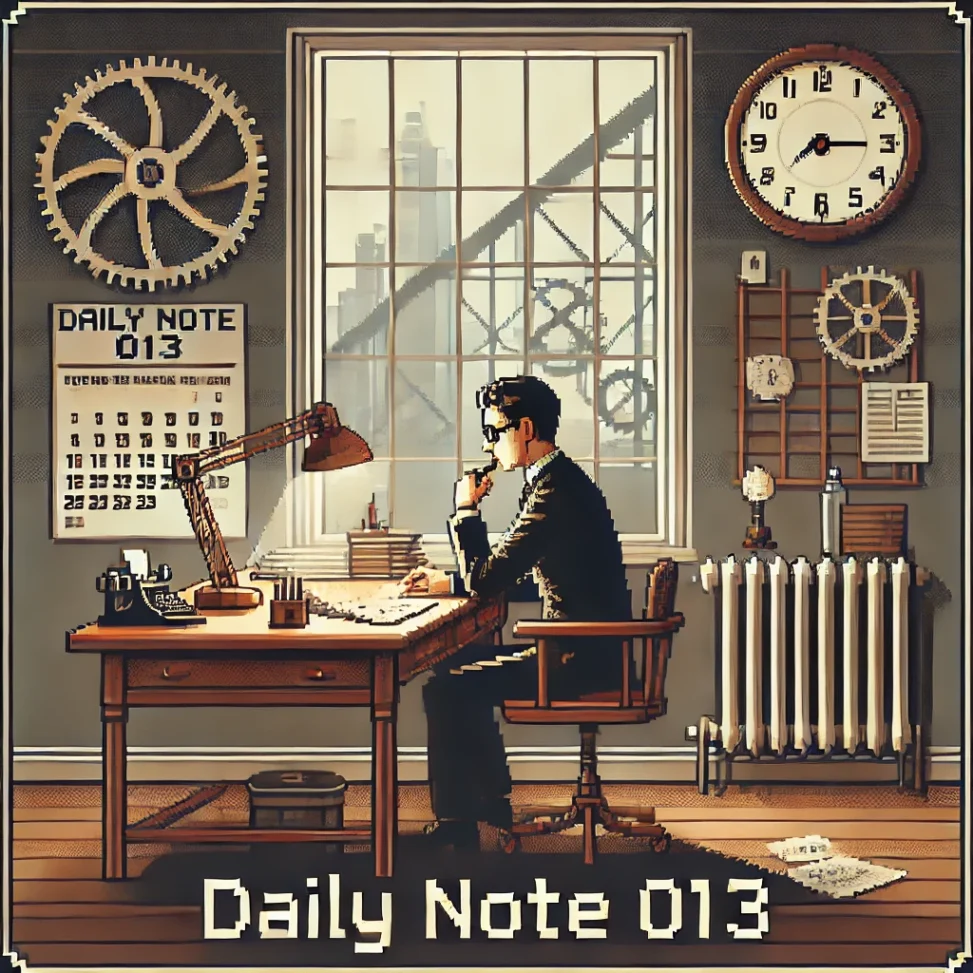Turn back the clock to 1920s Detroit. Punch in. Assemble a wheel to a car. Repeat. Punch out. Where does the wheel come from? What kinds of cars should it go on? These were not questions most workers concerned themselves with—or were expected to concern themselves with. Their job was to perform a specific function, like a small cog in a large clock, and to keep turning.
As work shifted from physical assembly to thinking about what to assemble, the worker’s task became more complex. To this day, defining and executing meaningful work remains a challenge for many. It was in this context that Peter Drucker—a once-in-a-generation thinker on management—wrote The Effective Executive.

Drucker, like an experienced wrangler taming a wild horse, defined the “knowledge worker” and produced seven chapters of practical guidance on how to figure out what to do and when to do it.
- Effectiveness can be learned
- Know thy time
- What can I contribute?
- Working from strengths
- First things first
- Making effective decisions
- Decision making process
We will focus on the third chapter “What can I contribute?” The role of the knowledge work is to define what needs to be done and then, to do it. 2To determine this, it’s important to start by answering the following questions.
- How do I spend my time?
- Where can I have an outsized impact?
- Where can I add value?
- What can the organization expect from me in the next 18 months?
Start with a Time Audit
Start by reviewing what you spend your time on. The purpose of the audit is to determine what you do naturally and not determine what you should do. You can do this by reviewing your calendar and sorting events into relevant projects.
The first step to being effective, according to Drucker, is asking yourself “How can I contribute?” To answer the question is to know how you spend your time and if what you spend it on is a strength.
Focus on Strengths
More often than not, there are projects that we get pulled into where our contributions are minimal. This is because it doesn’t play into our strengths. Our role is peripheral—we’re there as a sounding board, or because we’re tangentially involved in an adjacent project. Those are the projects to avoid; better to save them for an email.
Instead, our projects should be areas — if we intend to be effective — where we can add significant value and have an outsized impact. That’s being effective. Shed the projects where your attendance is an addendum and focus on projects that play to your strengths. This is a part of Drucker’s message. Instead of asking “Am I wasting time?”, ask “Am I contributing in the right area?”
This shift is the first step to becoming effective.
P.S. Here’s a short gif of the making of this blog post created using Mathematica. As with most things in Mathematica, this was trivial if you already have a screenshots.

Here’s the one liner: Export["~/Desktop/blogpost.gif",
AnimatedImage[your-imported-imges, FrameRate -> 10, ImageSize -> Medium]]
- Wikimedia Commons, Jeff McNeil ↩︎
- The main reason most people are reactive is because outcomes are hardly defined. Naturally, when something roughly defined comes by, we’re eager to pounce on it only because we want something to do. ↩︎

Leave a Reply